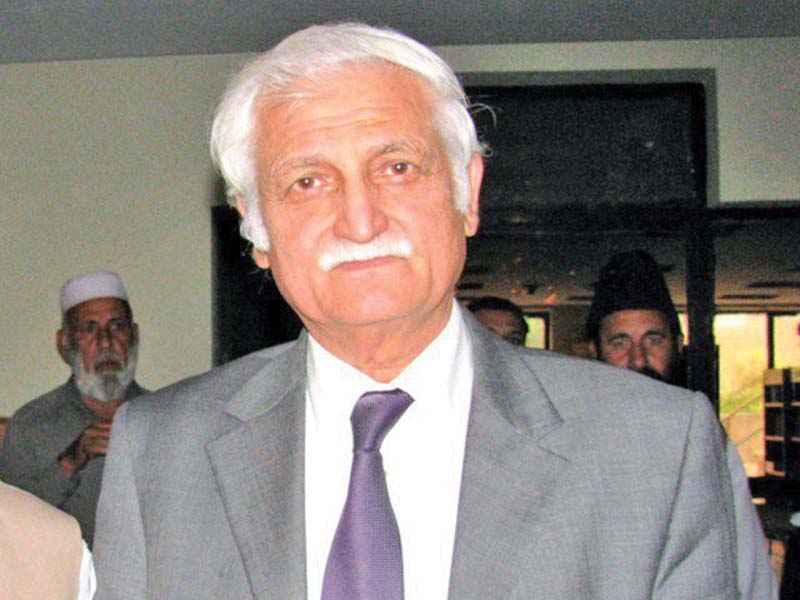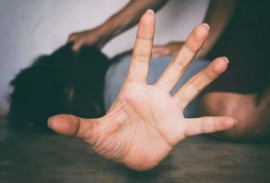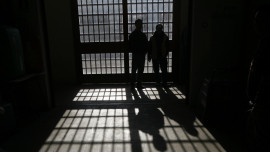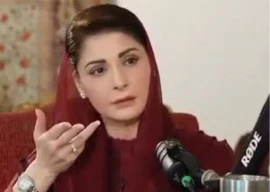
Speaking at a consultation on human rights violations against women Internally Displaced Persons (IDPs) and refugees in K-P, FATA and G-B, held here at a local hotel, Babar said that this is the right time to oppose this as the order is set to be passed this month by the federal cabinet. He also demanded of the federal government to initiate administrative and financial audit of funding announced by both national and international organisations for the rehabilitation of the IDPs.
The consultation was organised by Human Rights Commission of Pakistan (HRCP), and was attended by human rights activists, parliamentarians and people from different walks of life to highlight issues being faced by IDPs and to suggest solutions.
Gilgit-Baltistan gets 3G, 4G internet service
Babar further said that under this order, the prime minister of the country has become the epicenter of power in G-B where even courts cannot question the orders and acts of the premier, which is completely not acceptable.
“The ruling party should fully empower the Gilgit-Baltistan (G-B) Legislative Assembly, instead of its own PM,” he suggested.
The focus of the NCSW district office should be on women and children and on issues related to human rights violations. “If the federal government does not allow these commissions to set their district offices in these areas for IDPs and refugees, then it would not be able to finish a wide black hole,” he said.
Meanwhile, human right activists expressed their serious reservations over the ruling party’s ignorant attitude towards listening and resolving the issues of IDPs. They said that currently there is no authentic data available which could tell the exact number of people or families suffering there.
“Since ages no one from the government even bothered to even think about their issues or think of rehabilitating them,” said advocate Wazir Farman from Skardu. Tahir Hussain, another rights activist said there are numerous IDP women who became victim of domestic and sexual violence.
Many of them gave birth to babies while migrating from one place to another and disabled women were left behind by their families, he said. Tahira Abdullah, a senior human rights activist demanded the government to include G-B educational institutes in the federal board and its power supply into national grid.

















COMMENTS
Comments are moderated and generally will be posted if they are on-topic and not abusive.
For more information, please see our Comments FAQ